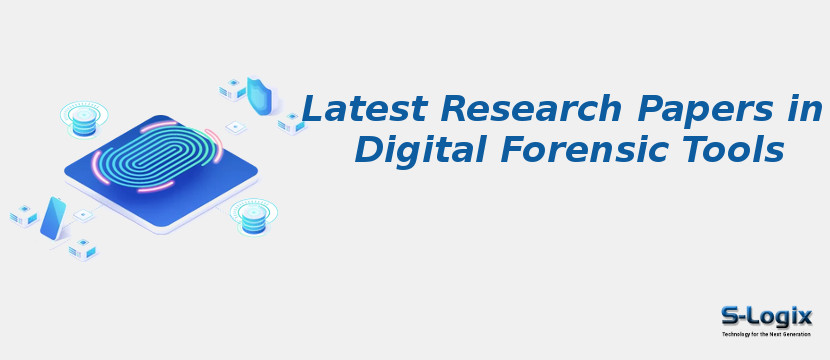Recent research in digital forensic tools focuses on enhancing the accuracy, automation, and efficiency of digital investigations through artificial intelligence, machine learning, and data analytics. Modern forensic tools are being developed to analyze massive datasets, recover deleted or encrypted information, and identify hidden patterns of cybercriminal activity across diverse platforms such as mobile devices, cloud systems, IoT networks, and social media. Researchers are also working to integrate blockchain technology for maintaining evidence integrity and improving the chain of custody in forensic processes. There is a growing emphasis on open-source forensic frameworks that allow customization, transparency, and interoperability among different investigation platforms. Additionally, current studies explore lightweight and portable forensic solutions to support real-time evidence collection in field investigations, while also addressing challenges related to data privacy, cross-jurisdictional analysis, and the validation of AI-driven tools in digital forensics.
